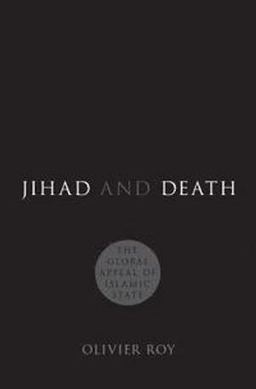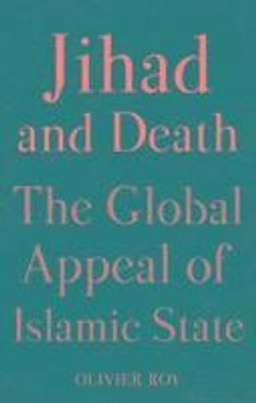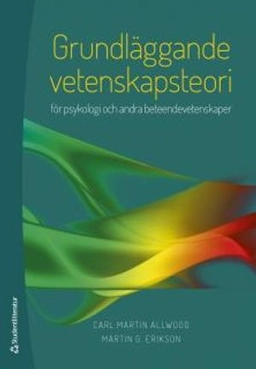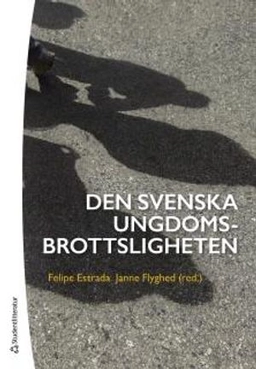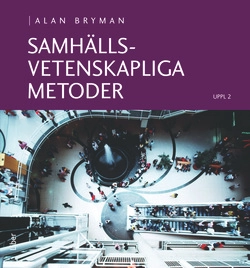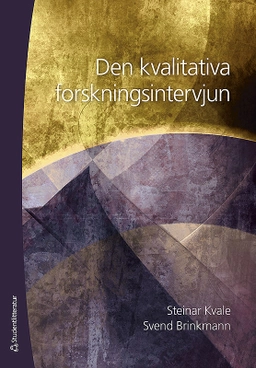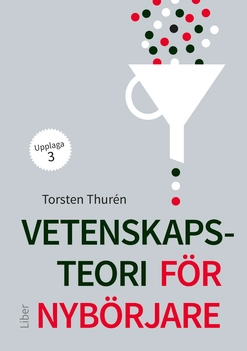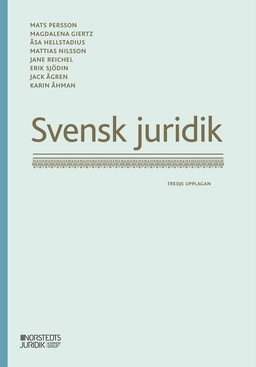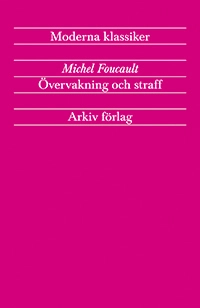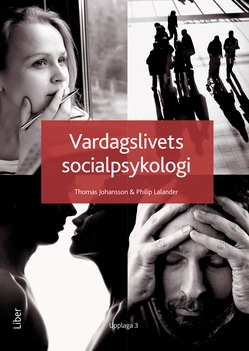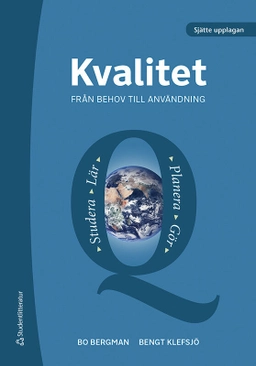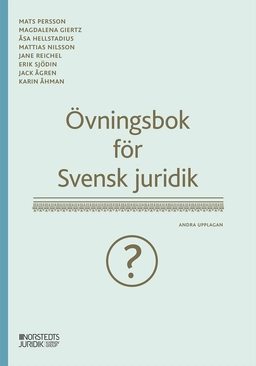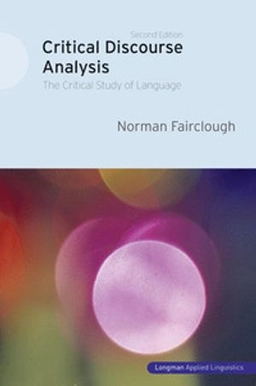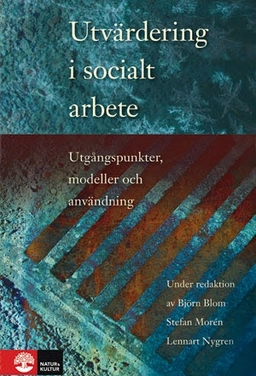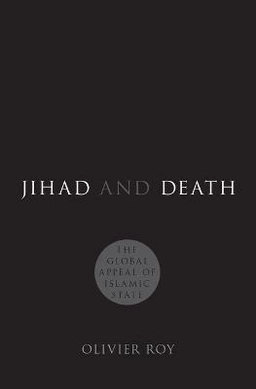What is jihad? Does it mean violence, as many non-Muslims assume? Or does it mean peace, as some Muslims insist? Because jihad is closely associated with the early spread of Islam, today's debate about the origin and meaning of jihad is nothing less than a struggle over Islam itself. In "Jihad in Islamic History", Michael Bonner provides the first study in English that focuses on the early history of jihad, shedding much-needed light on the most recent controversies over jihad. To some, jihad is the essence of radical Islamist ideology, a synonym for terrorism, and even proof of Islam's innate violence. To others, jihad means a peaceful, individual, and internal spiritual striving.Bonner, however, shows that those who argue that jihad means only violence or only peace are both wrong. Jihad is a complex set of doctrines and practices that have changed over time and continue to evolve today. The Quran's messages about fighting and jihad are inseparable from its requirements of generosity and care for the poor. Jihad has often been a constructive and creative force, the key to building new Islamic societies and states.Jihad has regulated relations between Muslims and non-Muslims, in peace as well as in war. And while today's 'jihadists' are in some ways following the 'classical' jihad tradition, they have in other ways completely broken with it. Written for general readers who want to understand jihad and its controversies, "Jihad in Islamic History" will also interest specialists because of its original arguments.
Åtkomstkoder och digitalt tilläggsmaterial garanteras inte med begagnade böcker




